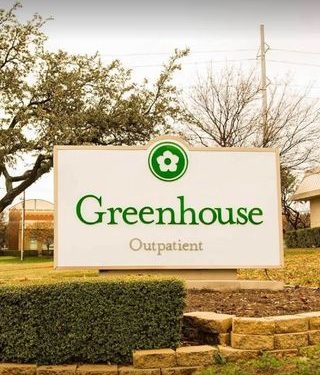People seek drug or alcohol treatment for different reasons, but everybody has one thing in common: fear. Change, especially something as life-changing as rehab, can be scary. What matters is how you channel those fears into productive action.
These are the top five fears I’ve seen in people seeking help for addiction, and considerations for how to overcome them:
Fear of Punishment
You may worry about what could happen to you if you are honest about your drug use. Unlike other chronic diseases like cancer or diabetes, admitting an addiction brings the fear of getting arrested or losing your job, which might keep you from getting the treatment you need.
However, laws are in place to keep your treatment confidential. Federal laws, including the Health Insurance Portability and Accountability Act of 1996 (HIPAA), protect against disclosure of your personal health information without your consent or knowledge.
In reality, seeking help for addiction can prevent future legal troubles. Continued substance use may result in arrests, jail time, and other serious repercussions down the line.
Fear of the Time Commitment
Not having the time for rehab is an oft-cited reason for not seeking help. Some people say they can’t be away from their kids or work. But when you’re intoxicated, you may be there physically, but you’re not really present.
The time lost to your addiction is far greater than the time you would spend in treatment. One of the real risks of addiction is losing years of your life that you cannot get back. Meanwhile, the reward for only a few weeks in treatment is potentially having years of sobriety and time you wouldn’t have otherwise had with your loved ones.
Fear of Facing Difficult Emotions
It can be scary to have to face difficult emotions head-on without the shield of drugs or alcohol. However, there are much better ways to cope.
The state of Texas has reputable rehab facilities that use a combination of medication and evidence-based therapies. Research shows this is the most effective treatment for substance use disorders and co-occurring mental health disorders.
At rehab, you will have plenty of support to help you cope and deal with past traumas and emotional turmoil, not only from your peers but from the rehab therapists and staff.
Fear of Treatment Costs
The cost of rehab is another very common fear. However, many treatment centers accept most major insurances. Insurance can help make treatment more affordable.
There are also publicly funded treatment options like local county and state programs in Texas. Medicare and Medicaid can also help pay for drug and alcohol treatment. Help is available, regardless of your financial situation.
In Texas, we have 211—a public information helpline for resources on how to get addiction treatment. The federal government’s SAMHSA (Substance Abuse and Mental Health Services Administration) website also has a treatment finder to help locate treatment in your area that you can afford.
It’s also important to realize that the cost of continued substance use will likely far outweigh the cost of treatment. And the more intangible costs of addiction, such as time lost with loved ones and health problems, are often a greater burden to bear than what you might pay to seek treatment.
Fear of Detox and Withdrawal
Many people worry about what withdrawal will be like and the detox process itself. These are understandable fears; however, modern medicine has come a long way. New medications, along with tried and true ones, make the withdrawal experience manageable and comfortable.
During detox, patients are assessed continuously throughout the day and night for symptoms, and they are treated for their symptoms of withdrawal or the anticipation of symptoms of withdrawal based on their use history. Ensuring you’re comfortable is a large part of the detox process.
Overcoming Your Fears and Taking Back Your Life
The danger of not seeking treatment can be a matter of life and death. Once you realize that, it becomes clear how necessary it is to ask for and get help.
Like many folks, you may need treatment to get your life back on track. When you decide to prioritize your life over your fears, you will likely see success in your recovery.
Tyler Harrell is CEO of Greenhouse Treatment Center, an evidence-based drug and alcohol rehab facility located in Grand Prairie.
















